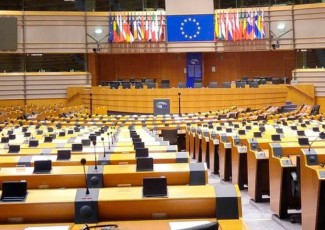The EU and Political Corruption: Democracy and Accountability (Deusto Summer School)
New mechanisms have been introduced in recent years, genuinely aiming at improving democratic quality in Europe, through better citizen participation and public accountability, holding both EU and national institutions to account. Their legal framework is embedded in instruments of a varying nature, some feature a more stringent nature through legally binding obligations which entail sanctions in case of non compliance, while others rely on soft law instruments and societal pressure for their follow-up.
Are these mechanisms effective? How can they be improved?
Following an interdisciplinary approach, this course offers sound empirical and theoretical basis to analyse the advantages and shortcomings of mechanisms of democratic accountability and citizen participation. This course will address issues of democratic accountability, citizens’ participatory rights, public integrity, transparency, institution-reform, among others.
The course reviews the legal framework and the accountability policy tools implemented by the European Union institutions. Participants will learn to analyze the legal instruments critically and to approach law-making in a creative way. Specifically, students are expected to assess the effectiveness of these mechanisms through case-studies that are subject to empirical analysis. The students become familiar with issues of public ethics, good governance and transparency, against the backdrop of three main theoretical frameworks: throughput legitimacy, multilevel governance, and norm-diffusion dynamics. Reflection is encouraged as to the existence of a distinct European approach to public integrity, by comparison to dominant discourses and legal/political treatment in other nations or regions.






